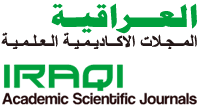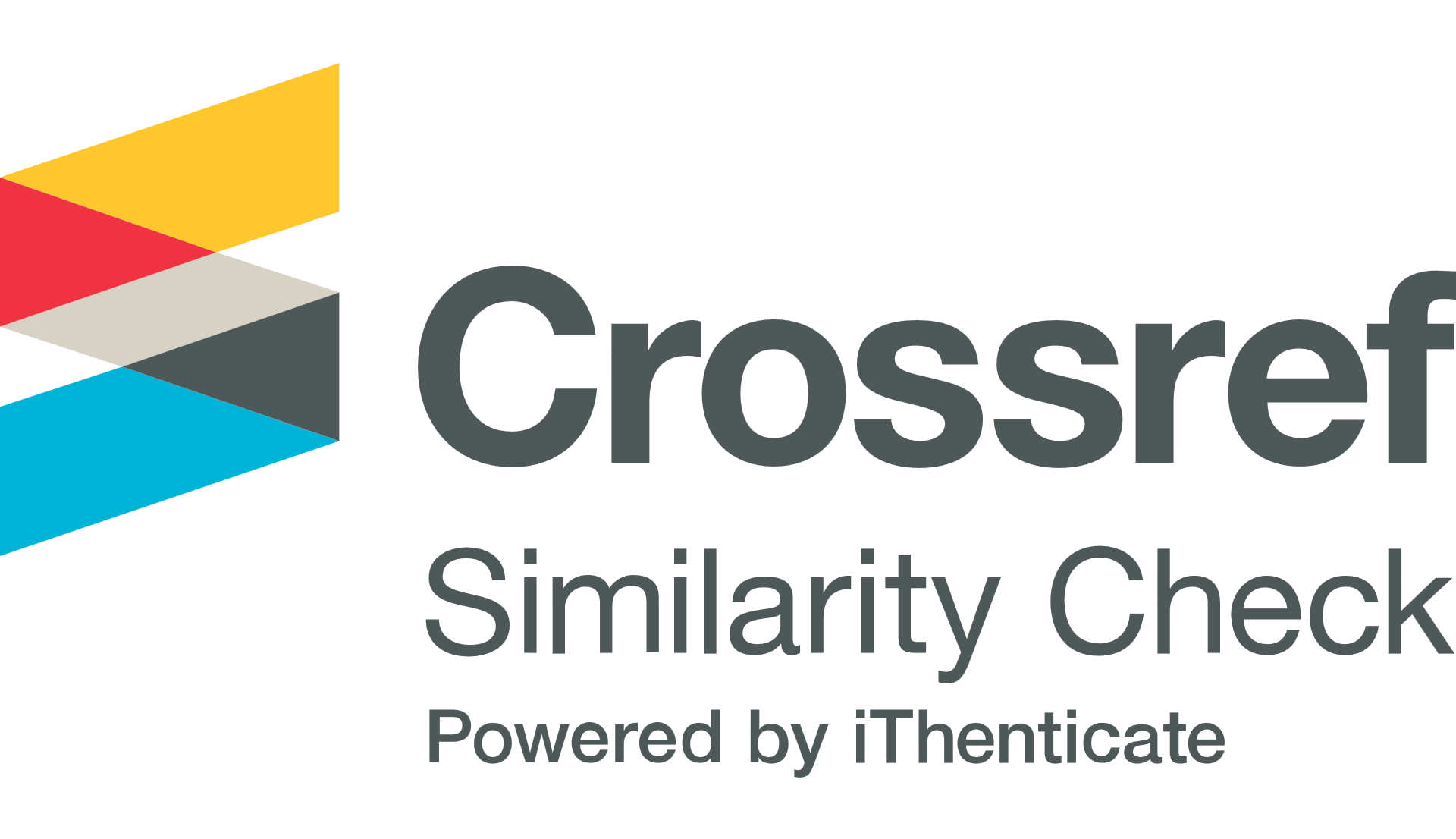The Degree of Availability of the Culture of Social Innovation among high School Students in Tabuk city from the Viewpoint of their Teachers
Abstract
The research aimed to study the degree of availability of social innovation culture among secondary school students in Tabuk city from the perspective of their teachers, and to reveal differences in the mean responses of the study sample attributable to variables such as gender, qualification, specialty, school type, and years of service. A descriptive methodology was used, along with a questionnaire as a data collection tool. The questionnaire consisted of 44 items distributed across three axes: social innovation culture in identifying Problem solving, social innovation culture in the technical aspect, and social innovation culture in the environmental aspect. It was applied to a study sample of 363 male and female secondary school teachers in Tabuk, selected randomly. The study reached several notable results: Secondary school students in Tabuk have a high social innovation culture, with a mean score of 2.20 and a standard deviation of 0.52. It also showed that students have a high degree of availability of social innovation culture in the area of problem identification and need, with a mean score of 2.22 and a standard deviation of 0.52, due to school programs that promote innovation. In the technical field, teachers agree that students have a good level of innovative culture, with a mean score of 2.22 and a standard deviation of 0.51. Additionally, students' environmental awareness is high, with a mean score of 2.16 and a standard deviation of 0.53. The study also found differences favoring females in terms of gender, bachelor's degree holders in terms of qualifications, humanities specialties, and government schools in the technical aspect only, with years of service having little impact except in the technical aspect where scores decrease with increased years of service.


